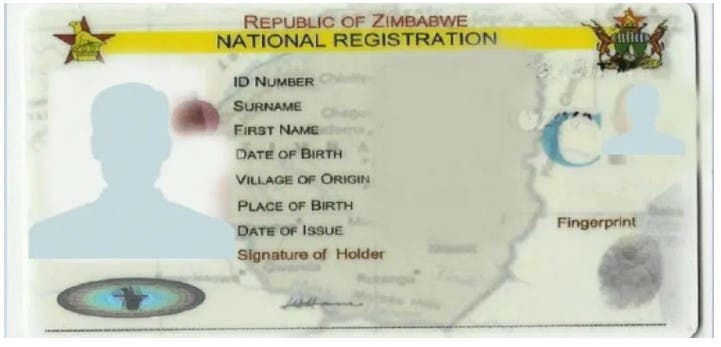Lack of national identity documents is hindering youths in Gwanda from registering as voters.
Gwanda Residents’ Association Women’s representative Siduduzile Masilela told CITE in an interview that some youths do not have national identity cards hence they fail to register.
The Zimbabwe Electoral Commission (ZEC) is currently running a mobile biometric voter registration blitz across the country ahead of the March 26 by-elections.
According to the 2018 statistics, the province had 264 185 registered voters.
Matabeleland South Province has 13 constituencies and may lose a few in the next delimitation exercise for failing to meet the required voter population threshold.
“We had been initially promised that when this process starts people from RG office would be deployed too so that those who do not have IDs can acquire them and then they can be able to register to vote. But for now, we are being told that they will come before the second phase of the BVR exercise,” said Masilela.
“They could have taken advantage of this opportunity and deployed both teams concurrently. We need to keep in mind that we are still living in the Covid-19 era so we are not guaranteed what tomorrow holds. It would have made more sense to have people from the Registry first before we get those from ZEC.”
Masilela said as residents’ association they are putting effort into motivating those who are eligible to register to vote to do so.
“We tend to lose about four constituencies if we do not have enough people. Our biggest constituency at the moment, Beitbridge South has about 36 000 registered voters compared to Harare South which has over 76 000 registered voters. The margins are too wide, we have a lot of work to do in terms of mobilisation,” she said.
Information officer for Community Youth Development Trust (CYDT) Bongiwe Dube echoed the same sentiments that most youths in the province are incapacitated to partake in the election process due to lack of documentation.
Dube said they embarked on a “Tell A friend to Tell A friend campaign” to create awareness for the need to register during the mobile BVR exercise.
“Youths are aware of the exercise and many of them want to register however, lack of IDs is preventing some from doing so especially. Youths say the government must have introduced the IDs role out Blitz before the commencement of the BVR,” she said.
“CYDT has embarked on a Tell A friend to Tell A friend campaign, a nonpartisan voter mobilization and civic education initiative for young voters. Youths want to register to vote but many of them have no IDs. We have youths in Beitbridge and Umzingwane that are educating their peers and encouraging them to register to vote.”
She reiterated that another challenge is financial constraints which limits them from reaching out to youths living in remote areas as well as poor network connectivity.
Dube said lack of critical documents has perpetuated voter apathy in the province hence there is need to sensitise local youths on such issues as delimitation and its effects.

